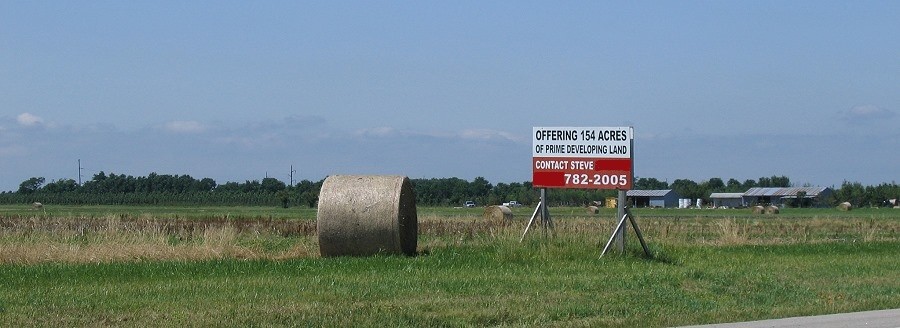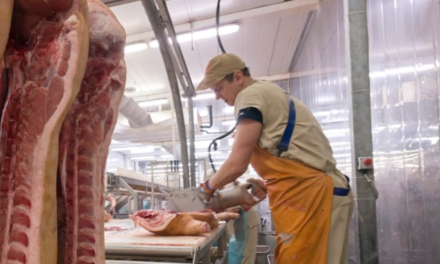Farmers are able to grow more food on less land than ever before, thanks in part to great scientific advancements. But they don’t always have a choice, either; we’re losing farmland at an alarming rate, largely because of urban sprawl and development. Despite high-profile measures at the Greenbelt, we’re losing an estimated 100 acres of farmland every year according to the Ontario Federation of Agriculture.
Only five per cent of Ontario land is suitable for agriculture, and more often than not this is also the land being paved over to make room for new development. But the province’s other large general farm organization, Christian Farmers Federation of Ontario (CFFO) thinks there could be a new hope for farmland preservation with the new government. A new program called Farms Forever was proposed during the Liberal election campaign. The program is designed to lessen farmland loss through agricultural easements, and that willing farmers could receive tax credits or other incentives to protect their farms with these easements to prevent future non-agricultural development in the future. CFFO is also optimistic because of the new minister of Municipal Affairs and Housing, Ted McMeekin. The former Agriculture, Food and Rural Affairs minister could ensure the approaching review period for the Greenbelt, Niagara Escarpment, and Oak Ridges Moraine Plans is sensitive to the needs of agricultural land.
I hope they’re right. Although we have been warned of farmland disappearance for ages, most Canadians do not feel urban sprawl is affecting them. Farmers are able to grow more crops and raise more livestock on less land. But in order to do this, farmers need some support for research-based approaches like biotechnology, one movement being increasingly met with opposition from the public. Efforts are also underway to create urban and vertical farming to produce food, but right now, nothing replaces farmer’s fields for food production. Let’s preserve what’s left.



